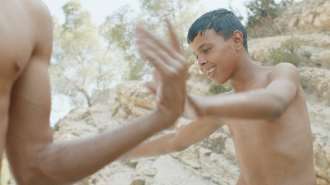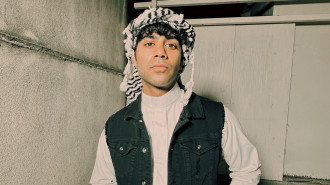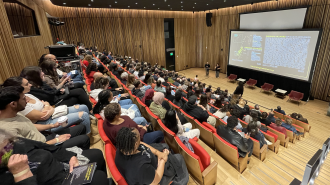Mistreatment of refugees has a long history in Europe
In a previously untranslated interview from 1979, discussing the world's refugee crisis, Michel Foucault said "what is happening in Vietnam is not only an after-effect of the past, but also a foreshadowing of the future".
More than thirty years later, two figures sat on a bench as the movement in the makeshift camp around them slowly died down. The woman was cradling a crying man in her arms. Her phone was placed on the bench, the backlight still on. If you came closer, you could read the words spelled out in Google Translate: "I want to go back home."
Home was Baghdad, Iraq, and such was the frostiness of Europe's welcome that Hussain regretted "putting his family through this". It was September 30, three days after Viktor Orban's regime physically closed the border with Serbia, diverting the refugee route away from Hungary.
It was the beginning of what would later become a humanitarian corridor, established on a long-invisible trail through Eastern European countries onwards, towards a better life.
For a couple of nights that September, Slovenia panicked and closed the border with Croatia, probably fearing potential "Dublin returns". When the border was reopened, Hussain and his family made it to the relative safety of Germany. Tens of thousands didn't.
Read more: Refugees still braving the soul-crushing 'Balkans route'
They remain trapped in camps along Fortress Europe's borders. The media frenzy and wide circulation of photos fetishising their suffering has simmered down, with only some of the more extreme cases galvanizing people into short-term action.
"The limit of photographic knowledge of the world is that, while it can goad conscience, it can, finally, never be ethical or political knowledge," Susan Sontag once remarked. "The knowledge gained through still photographs will always be some kind of sentimentalism, whether cynical or humanist."
And this remains an issue for those of us engaging in refugee advocacy. The humanity of those "otherised", because of their race, religion, nationality or gender, has become an abstract concept, a juxtaposition for argument's sake, their lives reduced to rhetorical devices for those times we in the west need to profess our moral outrage or our general dismay at the state of the world.
While it is necessary to reflect, as Sontag says, "on how our privileges are located on the same map as the suffering of those beset by war and murderous politics", we must not let that paralyse us.
 |
The authorities' incapacity to follow up on fatal incidents at hotspots... perpetuates hazardous conditions and impunity for administrative failures |  |
As World Refugee Day passes into memory yet again, it's time, yet again, to remind ourselves of the horrors unfolding right on our doorstep. The first four months of this year alone saw 5,164 arrivals of people to Greek shores with the intention of seeking refuge in Europe, where institutional, as well as police violence abounds.
Refugee Support Aegean, a non-profit organisation whose teams monitor human rights violations and offer legal aid and social support for refugees and migrants in Athens and on Lesbos and Chios, has published a policy paper, in which they dealt with "the authorities' incapacity to follow up on fatal incidents at hotspots" which "perpetuates hazardous conditions and impunity for administrative failures".
The incidents covered include a portable cooking gas stove explosion in a tent where a woman and a child lost their lives, as well as four deaths which resulted from winterisation failures. People were, again, trying to keep warm by burning garbage on the stoves inside their tents, and while no official cause of death has been established to this date, those present at the Moria hotspot have attributed it to the inhalation of toxic fumes.
People are left to languish in the limbo of these camps, and it is detrimental to their mental health to such an extent that the Seleni Institute's Nitzia Logothetis reported toxically stressed children, pushed into psychosis due to the unbearable conditions.
UNHCR reports mention pushbacks of refugees and migrants across the River Evros - men, women and children suffering detention, and having their rights under international law violated by being denied the opportunity to seek asylum. This is especially worrisome in the wake of pushbacks and refoulement reportedly happening at the borders of Greece and Turkey.
Vigilante paramilitary groups continue to prowl parts of the Bulgarian border, in order to "protect Europe from Islam", and any refugee or migrant apprehended by them will suffer violence, humiliation, and will of couse be pushed back.
In recent days, Croatia and Serbia have seen an escalation of violence against refugees and migrants, both psychological and physical, enacted by Croatian, Serbian and Hungarian police. Grassroots activist groups are attempting to monitor the situation and hold the authorities accountable to these acts of violence which seem to continue with impunity, despite the published reports and charges filed by NGOs.
 |
Today's decision is a clear indication that evidence against Ahmed H... suggests that he may have been wrongfully convicted |  |
While on Chios, heavily pregnant women sleep on rocky beaches, while in the transit zones of Hungary the border guards stopped taking them to their medical checkups in handcuffs. That's all that can be said for positive developments, as the situation continues to be nightmarish.
Families are stuffed into unventilated containers which effectively turn into stoves in the sun. If they have children, they are given only two diapers per day, and are routinely deprived of nutrients, putting the children in constant risk of malnourishment.
One good piece of news coming out of Hungary is that "Ahmed H" will be retried, his first verdict annulled by an appeals court. "Today's decision is a clear indication that evidence against Ahmed H was not adequately examined by the first instance court and suggests that he may have been wrongfully convicted", said Todor Gardos, Amnesty International's Hungary researcher.
Unfortunately, Ahmed will be forced to remain in detention pending the retrial, where he has, so far, received very little psychosocial support.
In the Mediterranean, where a variety of NGOs attempt to save people from disappearing forever into the depths, a new operation has begun. But this one is not concerned with saving lives, but with saving Europe from "the spectre of Islam", which is haunting only xenophobic fantasies.
Read more: Europe's border regime leaves the Mediterranean a (profitable) graveyard
The French far-right group, Generation Identitaire, has managed to raise €65,000 in order to disrupt rescues at sea, and targeted SOS Méditerranée's rescue vessel before the Italian Coast Guard approached and apprehended them.
In light of these bleak reports from around Fortress Europe, nobody can say where we're headed, and what will become of the people seeking refuge. These people who have been failed by the asylum system designed to protect them.
We must however keep trying to stand the darkness down, and as Foucault, way back in 1979, said:
"No discussion on the general balance of power between countries of the world, and no argument about the political and economic difficulties that come with aid to refugees can justify states abandoning those human beings at the gates of death."
Tajana Tadić is a Balkans-based graduate student and refugee aid worker with 'Are You Syrious?'
Follow The New Arab on Twitter: @the_newarab

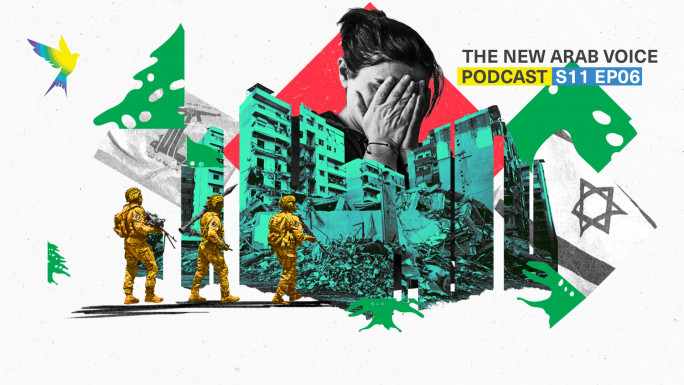
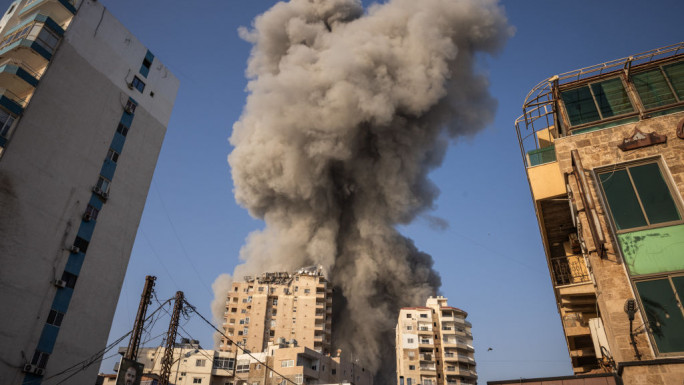
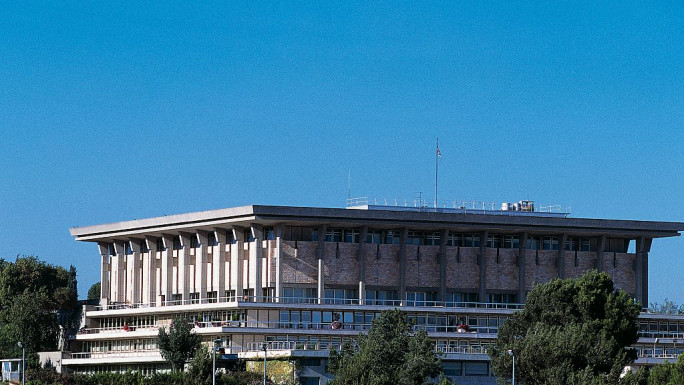
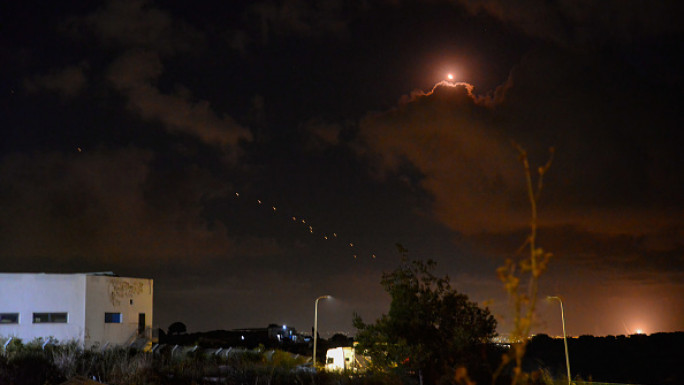
 Follow the Middle East's top stories in English at The New Arab on Google News
Follow the Middle East's top stories in English at The New Arab on Google News
